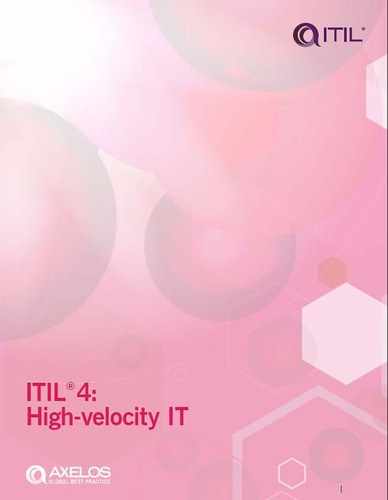Preface
People depend on digital technology. The societal and economic impact of digitally enabled organizations is unprecedented, and these organizations demand a significantly different way of working. We need to strike a new balance between managerial control and professional judgement. IT service management often leans towards control, but digitally enabled organizations are based on complex and intrinsically unpredictable systems. These systems are uncontrollable at lower levels of granularity, so traditional management instruments such as specialization, prescriptive processes, and performance targets do not work. Action at the sharp end has to be based on professional judgement and an understanding of the nature of the systems in which the practitioner works. Practitioners therefore need appropriate ‘high-velocity IT’ ways of thinking and of working.
As the reader, you care about this not only because you want to remain valuable and relevant in a changing workplace, but also because you have the privilege of contributing to the prosperity and wellbeing of people by providing them with better digital experiences. You have taken the trouble to look at industry guidance such as ITIL, so you are presumably committed to your professional development. You are aware of the considerable challenges and responsibilities involved in managing digital technology. You are up for the challenge and are prepared to review and unlearn old approaches and integrate new concepts in your way of working. You take your work and yourself seriously.
We, the authors, reviewers, and other contributors, each in our own way, are committed to making our industry a better place to work. We believe that people come first. We work in complex human systems in which professionals often have to take gambles. This is defensible: there is limited data available so their actions are based on well-reasoned hypotheses that they calibrate when they observe the results of their actions. In toxic workplaces they could easily be blamed (with the luxury of hindsight) for taking the wrong decisions. This is unacceptable. When your people have to bet, you had better bet on your people. In parallel with the more ‘technical’ guidance that this publication offers, we draw your attention to the importance of psychological safety, wellbeing, and ethics in the workplace. Many organizations not only have accrued technical debt in their software as a result of taking conscious or unconscious shortcuts, they also have a considerable social debt that needs repayment. This is why we care. This is a pivotal moment. The time is right to share our thoughts and to hopefully be of service.
I have witnessed the concern, engagement, and generosity of those who have contributed to this publication. We believe in its potential. It is now up to you.

Mark Smalley
Lead editor, ITIL® 4: High-velocity IT
